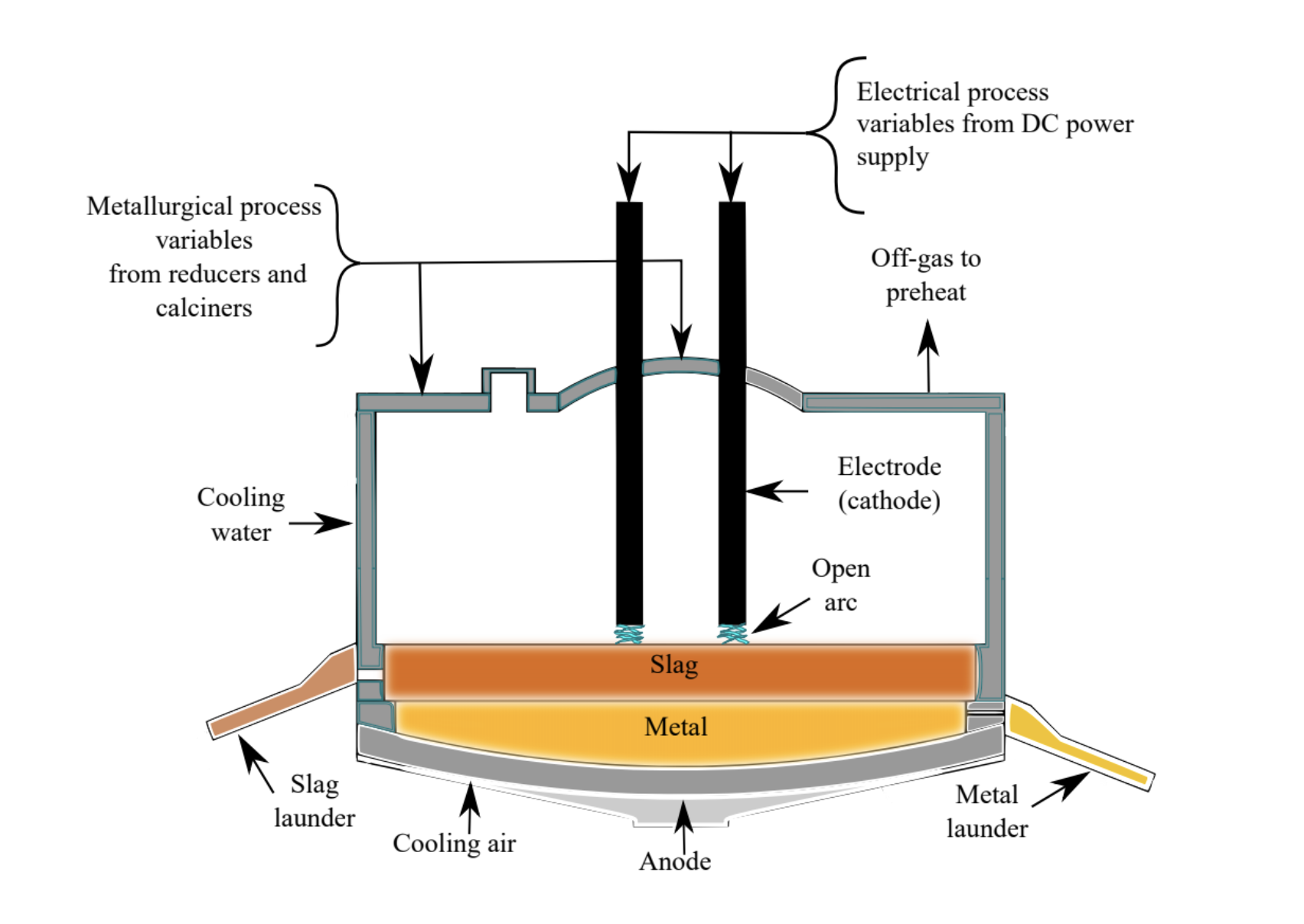Congratulations to Lee and Ibrahim for their new paper on representation learning in Computers and Chemical Engineering! This work was done in collaboration with BBA Engineering Consultants and Sirish Shah at the University of Alberta.
Representation Learning and Predictive Classification: Application with an Electric Arc Furnace
- By Lee D. Rippon, Ibrahim Yousef, Behrooz Hosseini, Arbi Bouchoucha, Jean-François Beaulieu, Carole Prévost, Michel Ruel, Sirish L. Shah and R. Bhushan Gopaluni

- Read the pre-print: 2021J2_Rippon_CACE.pdf
Abstract
Data-driven disciplines such as biostatistics and chemometrics are undergoing a period of transformation propelled by powerful advances in computational hardware, parallel processing and algorithmic efficiency. Process systems engineering is positioned for concurrent advances in data-driven sub-disciplines such as modeling, optimization, control, fault detection and diagnosis. This work embodies this transformation as it addresses a novel industrial fault detection problem from both traditional and contemporary approaches to process analytics. Traditional approaches such as partial least squares are compared with powerful new techniques inspired by deep representation learning such as convolutional neural networks. Novel contributions include the formulation and introduction of a novel industrial predictive classification problem, the design and implementation of a comprehensive machine learning workflow that converts raw industrial data into critical operational insights, and the presentation of a robust comparative analysis between traditional and contemporary approaches to representation learning and binary classification. Specifically, this work addresses the unexpected loss of plasma arc in the electric arc furnace of a large-scale metallurgical process. The objective is to learn an efficient and informative representation from the raw industrial data that enables the prediction of an arc loss event such that operators can take corrective actions. A comprehensive representation learning and predictive classification framework is presented for development of the inferential sensor from large quantities of historical industrial process data.